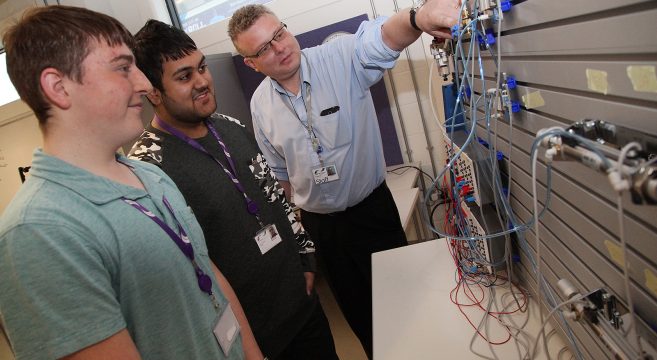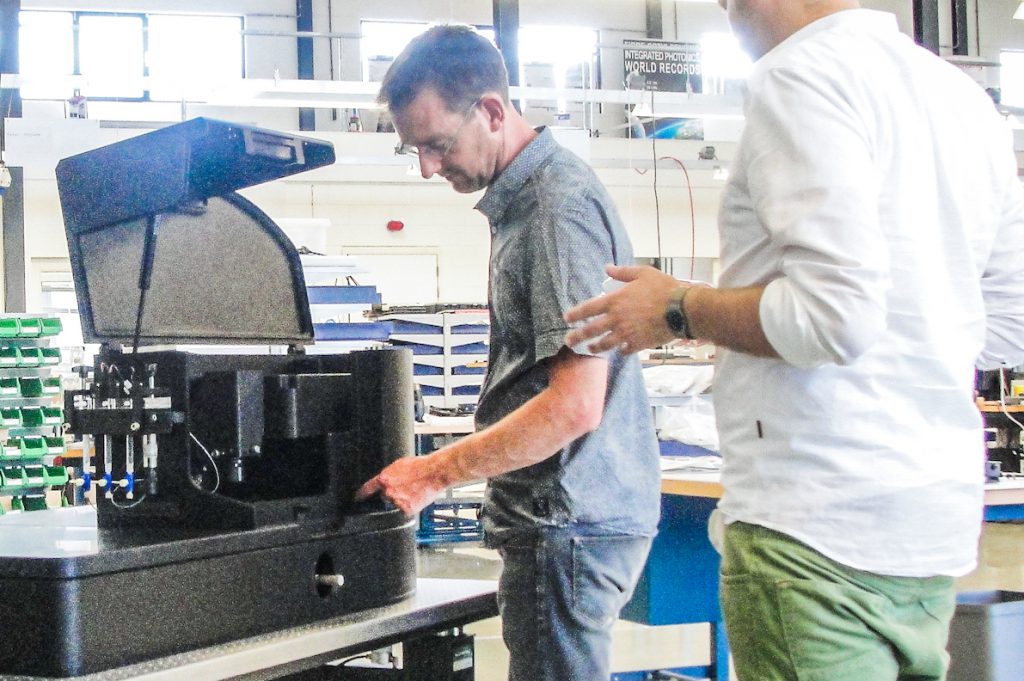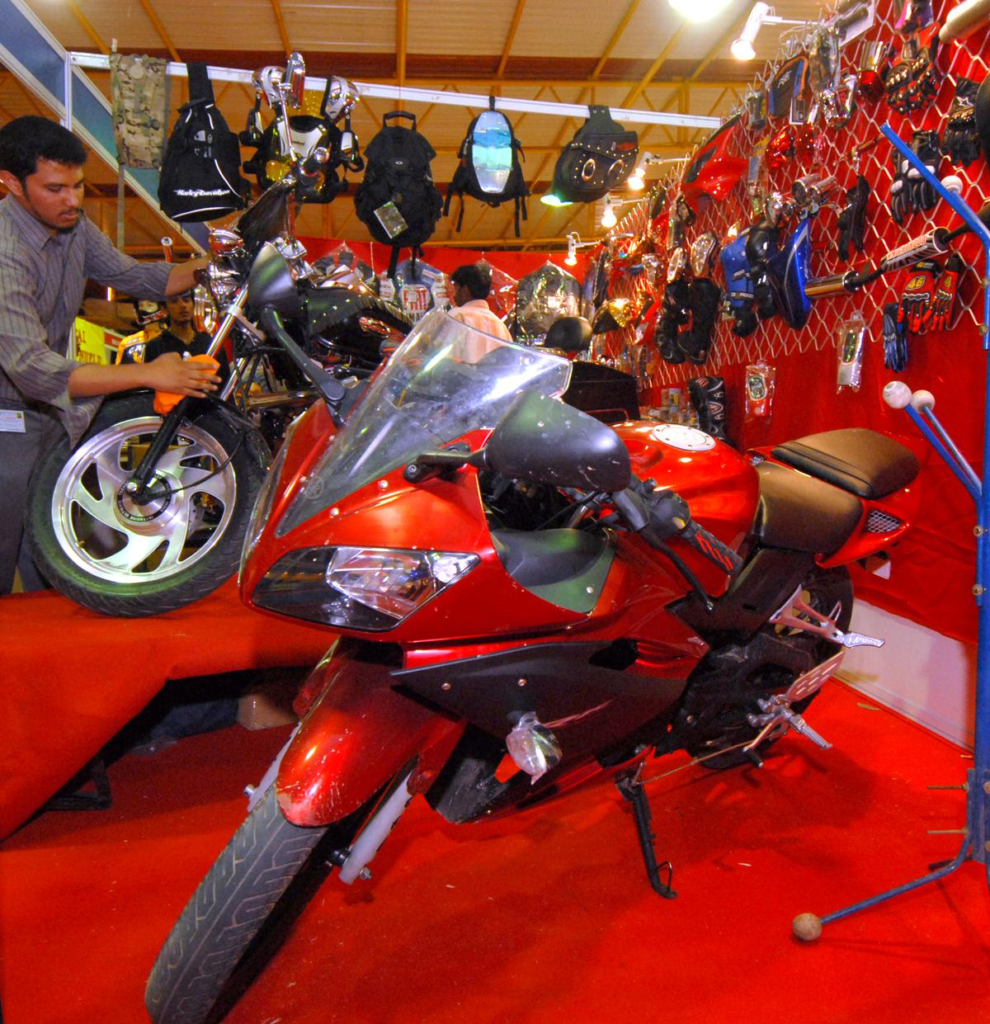Free Technical Services Engineer Course (6months)
Technical Services Engineer assists the maintenance department to perform maintenance on aircraft.
Brief Job Description of Technical Services Engineer: A Technical Services Engineer is responsible for assisting the Marketing Department in analysing major engineering projects for future contracts, maintenance and control of Contracted customers’ Maintenance Schedules, control and distribution of all technical information received by Airline/MRO, establishing technical standards for maintenance, repair and overhaul of aircraft structures, engines and components etc.
Personal Attributes: key attributes for Technical Services Engineer would include good communication skills, excellent written communication skills and good interpersonal skills with a keen eye for details.


Safety and security procedures of Technical Services Engineer:
Comprehending the safety and security procedures
PC1. comply with the organisation’s safety and security policies and procedures
PC2. comply with the regulatory guidelines on safe conduct of operations and maintenance of conditions to thwart any acts of unlawful interference
PC3. report any identified breaches of safety, and security policies and procedures to the designated person
PC4. coordinate with other resources at the workplace (within and outside the organisation) to achieve safe and secure environment
PC5. identify and mitigate any safety and security hazards like illness, accidents, fires or acts of unlawful interference if it falls within the limits of individual’s authority
PC6. report any hazards outside the individual’s authority to the relevant person in line with organisational procedures and regulatory guidelines
PC7. follow organisation’s emergency procedures for accidents, fires or acts of unlawful interference
PC8. identify and recommend opportunities for improving health, safety, and security to the designated person
PC9. ensure all health and safety records are updates and procedures well defined
Knowledge and Understanding of Technical Services Engineer:
Organisational Context
KA1. hazard identification and risk management as defined within the organisational policy and procedures
KA2. regulatory requirements and organisation’s procedures for maintenance of safety and security standards and individual’s role and responsibilities in relation to this
KA3. how and when to report hazards
KA4. the limits of responsibility for dealing with hazards KA5. the organisation’s emergency procedures for different emergency situations and the importance of following these
KA6. importance of maintaining high standards of safety and security KA7. implications that any non-compliance with safety and security may
have on individuals and the organization
Technical Knowledge of Technical Services Engineer:
KB1. different types of breaches of safety and security and how and when to report these
KB2. evacuation procedures for workers and passengers
KB3. how to summon medical assistance and the emergency services, where necessary
KB4. how to use the health, safety and accident reporting procedures and the importance of these
KB5. regulatory guidelines on dealing with safety and security emergencies
Core Skills/ Generic Skills of Technical Services Engineer
| Writing Skills |
| The user/ individual on the job needs to know and understand how to: SA1. complete accurately well written report in English language detailing the situations of emergency with attention to detail |
| Reading Skills |
| The user/individual on the job needs to know and understand how to: SA2. read instructions/guidelines/procedures/rules |
| Oral Communication (Listening and Speaking skills) |
| The user/individual on the job needs to know and understand how to: SA3. listen to and orally communicate information with all concerned |
Professional Skills
| Decision Making |
| The user/individual on the job needs to know and understand how to: SB1. make decisions on a suitable course of action or response if permitted by the authority matrix |
| Plan and Organise |
| The user/individual on the job needs to know and understand how to: SB2. monitor efficient functioning of all activities SB3. plan and organise work to achieve targets and deadlines |
| Customer Centricity |
| The user/individual on the job needs to know and understand how to: SB4. communicate with stakeholders in a courteous manner SB5. maintain cordial working relationship. Problem Solving The user/individual on the job needs to know and understand how to: SB6. identify trends/common causes for errors and suggest possible solutions to the supervisor / management SB7. identify and correct errors Analytical Skills The user/individual on the job needs to know and understand how to: SB8. analyse best possible solutions (cost, time, effort, etc.) suited for operations Critical Thinking Skills Technical Services Engineer The user/individual on the job needs to know and understand how to: SB9. concentrate on task at hand and complete it without errors SB10. apply balanced judgments to different situations  Provide technical services to the maintenance team Performance Criteria of Technical Services Engineer: Provide technical support services for maintenance PC1. compile the Technical Standards of all aircraft operated by Contracted customers PC2. provide technical support of all aircraft being maintained by airline/MRO PC3. liaise with aircraft manufactures vendors, overhaul agencies and other airlines on behalf of Contracted customers and airline/MRO Departments to achieve its objective PC4. provide technical support to all departments in airline/MRO, and all it’s Contracted customers and to design facilities, access equipment, test stands etc Technical Services Engineer. PC5. assist the Marketing Department in analysing major engineering projects for future contracts PC6. Perform the maintenance and control of Contracted customers’ Maintenance Schedules PC7. Undertake the control and distribution of all technical information received by airline/MRO PC8. optimise maintenance and overhaul costs of all Contracted customers, airborne equipment and servicing/ overhaul equipment whilst meeting airworthiness standard PC9. establish technical standards for maintenance, repair and overhaul of aircraft structures, engines and components. PC10. provide guidance to other airline/MRO departments on all matters relating to maintenance, repair, overhaul, replacement and modification of aircraft and equipment, including purchase of new equipment PC11. maintain regular contact with all Technical departments in airline/MRO, Contracted customers’ flight Operations, Customer Services Departments etc. PC12. maintain and develop contacts with aircraft and component manufacturers and overhaul/ maintenance agencies. PC13. evaluate technical requirements of major projects as requested by Contracted customers PC14. support Contracted customers’ Condition Monitoring Technical Services Engineer Programme PC15. process all applicable technical documents and literature through the Technical Publications Systems PC16. support the Contracted customers maintenance programmes by attendance at various meetings PC17. attend conferences, workshops etc. as necessary to remain abreast of technical advances in the aviation field with respect to Contracted customers’ aircraft PC18. initiate modification to improve performance and reliability and reduce costs of maintenance and overhaul, without compromising airworthiness standards PC19. assess and evaluate manufacturers’ and regulatory authorities’ technical data and recommend appropriate action to meet the above objectives. Negotiating with manufacturers’ as necessary, and reproducing manufacturers Service Bulletins or other technical literature as airline/MRO Documentation PC20. raise in-house modifications and repair schemes etc. including any specialized tools or equipment required PC21. assist all Contracted Customers Operations Dept. in all technical matters, including amendments to the Minimum Equipment List and the Operations Manual/ Aircraft Flight Manual. Liaise with them on changes and modifications to aircraft and procedures Technical Services Engineer PC22. investigate incidents and accidents (ASR), initiate follow up action as required. Investigate component and system and system failure and initiate follow up remedial action as requested by QA PC23. approve within the scope of delegated authority or raise for approval by the regulatory authorities technical drawings of modifications and repair schemes for aircraft structures/ engines or components, design deviations on aircraft/ engines, components, parts etc., which are outside the defined manual limits but are considered safe to operate Knowledge and Understanding of Technical Services Engineer Organizational of Technical Services Engineer Context KA1. hazard identification and risk management as defined within the organizational policy and procedures KA2. organisation policies and procedures regarding update process of technical manuals KA3. organisation quality management system KA4. the limits of responsibility for dealing with deviations KA5. the organisation’s emergency procedures for different emergency situations and the importance of following these KA6. the importance of maintaining high standards of safety and security KA7. implications that any non-compliance with safety and security may have on individuals and the organisation  Technical Knowledge KB1. different configuration of aircraft fleet in the organisation KB2. the various applicable chapters for systems in an aircraft KB3. how to use maintenance ERP system KB4. the regulatory approval process for any design/modifications on aircraft KB5. regulatory guidelines on dealing with safety and security emergencies Core Skills/ Generic Skills of Technical Services Engineer Writing Skills The user/ individual on the job needs to know and understand how to: SA1. complete accurately well written report in English language detailing the situations of emergency with attention to detail Reading Skills The user/individual on the job needs to know and understand how to: SA2. read instructions/guidelines/procedures/rules Oral Communication (Listening and Speaking skills) The user/individual on the job needs to know and understand how to: SA3. listen to and orally communicate information with all concerned Professional Skills Decision Making The user/individual on the job needs to know and understand how to: SB1. make decisions on a suitable course of action or response if permitted by the authority matrix. Plan and Organize The user/in dividual on the job needs to know and understand how to: SB2. monitor efficient functioning of all activities SB3. plan and organise work to achieve targets and deadlines Customer Centricity The user/individual on the job needs to know and understand how to: SB4. communicate with stakeholders in a courteous manner SB5. maintain cordial working relationship Problem Solving The user/individual on the job needs to know and understand how to: SB6. identify trends/common causes for errors and suggest possible solutions to the supervisor / management SB7. identify and correct errors Analytical Skills The user/individual on the job needs to know and understand how to: SB8. analyse best possible solutions (cost, time, effort, etc.) suited for operations Critical Thinking Skills The user/individual on the job needs to know and understand how to: SB9. concentrate on task at hand and complete it without errors SB10. apply balanced judgments to different situations  Model Curriculum Technical Services Engineer safety and security procedures of Technical Services Engineer comprehend the organisation’s safety and security policies and procedures comprehend the regulatory guidelines on safe conduct of operations and maintenance of conditions to thwart any acts of unlawful interference report any identified breaches of safety, and security policies and procedures to the designated person coordinate with other resources at the workplace (within and outside the organization) to achieve safe and secure environment identify and mitigate any safety and security hazards like illness, accidents, fires or acts of unlawful interference if it falls within the limits of individual’s authority report any hazards outside the individual’s authority to the relevant person in line with organisational procedures and regulatory guidelines follow organisation’s emergency procedures for accidents, fires or acts of unlawful interference identify and recommend opportunities for improving health, safety, and security to the designated person complete all health and safety records are updates and procedures well defined Provide technical services to the maintenance team set the Technical Standards of all aircraft operated by Contracted customers the technical support of all aircraft being maintained by airline/MRO liaising with aircraft manufactures vendors, overhaul agencies and other airlines on behalf of Contracted customers and airline/MRO Departments to achieve its objective providing technical support to all departments in airline/MRO, and all it’s Contracted customers and to design facilities, access equipment, test stands etc. assisting the Marketing Department in analysing major engineering projects for future contracts the maintenance and control of Contracted customers’ Maintenance Schedules the control and distribution of all technical information received by airline/MRO optimizing maintenance and overhaul costs of all Contracted customers, airborne equipment and servicing/overhaul equipment whilst meeting airworthiness standard establishing technical standards for maintenance, repair and overhaul of aircraft structures, engines and components. giving guidance to other airline/MRO departments on all matters relating to maintenance, repair, overhaul, replacement and modification of aircraft and equipment, including purchase of new equipment maintaining regular contact with all Technical departments in airline/MRO, Contracted customers’ flight Operations, Customer Services Departments etc. maintain and develop contacts with aircraft and component manufacturers and overhaul/ maintenance agencies. evaluating technical requirements of major projects as requested by Contracted customers supporting Contracted customers’ Condition Monitoring Programme processing all applicable technical documents and literature through the Technical Publications Systems supporting the Contracted customers maintenance programmes by attendance at various meetings attending conferences, workshops etc. as necessary to remain abreast of technical advances in the aviation field with respect to Contracted customers’ aircraft initiating of modification to improve performance and reliability and reduce costs of maintenance and overhaul, without compromising airworthiness standards assessment and evaluation of manufactures and regulatory authorities technical data and recommend appropriate action to meet the above objectives. Negotiating with manufacturers as necessary, and reproducing manufacturers Service Bulletins or other technical literature as airline/MRO Documentation raise in-house modifications and repair schemes etc. including any specialized tools or equipment required assist all Contracted customers Operations Dept. in all technical matters, including amendments to the Minimum Equipment List and the Operations Manual/Aircraft Flight Manual. Liaise with them on changes and modifications to aircraft and procedures investigate incidents and accidents (ASR), initiate follow up action as required. Investigate component and system and system failure and initiate follow up remedial action as requested by QA approve within the scope of delegated authority or raise for approval by the regulatory authorities technical drawings of modifications and repair schemes for aircraft structures/ engines or components, design deviations on aircraft/ engines, components, parts etc., which are outside the defined manual limits but are considered safe to operate Unique equipment used; Video/2D or 3D software based audio-visual training package personal protective equipment (PPE) (consisting of safety jacket, safety goggles, ear plugs, gloves, safety shoes & safety helmet) Fire extinguisher Walkie-talkie Guidelines for Assessment 1. Criteria for assessment for each Qualification Pack will be created by the Sector Skill Council. Each Performance Criteria (PC) will be assigned marks proportional to its importance in NOS. SSC will also lay down proportion of marks for Theory and Skills Practical for each PC 2. The assessment for the theory part will be based on knowledge bank of questions created by the SSC 3. Individual assessment agencies will create unique question papers for theory part for each candidate at each examination/training center (as per assessment criteria below) 4. Individual assessment agencies will create unique evaluations for skill practical for every student at each examination/training center based on this criteria 5. To pass the Qualification Pack, every trainee should score a minimum of 70% in aggregate 6. The marks are allocated PC wise, however, every NOS will carry a weightage in the total marks allocated to the specific QP |




